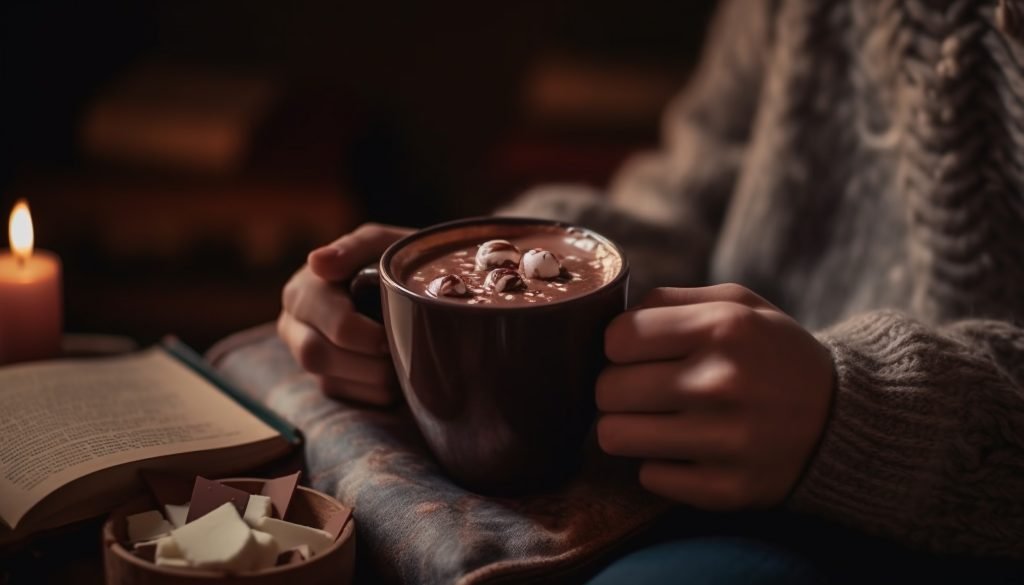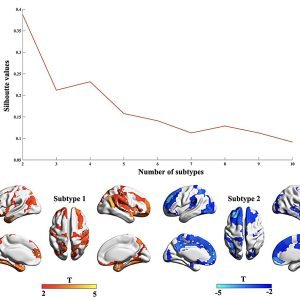
Do you crave fatty foods during stress? While this is natural, adding hot cocoa or green tea to your meals might help. A recent study found that these flavonoid-rich drinks can counteract the negative effects of stress, even after eating a fatty meal.
The latest study published in the journal Food and Function investigated how flavanols, when consumed with fat, can help reduce the negative effects of fat on stress-related problems in endothelial function.
“We know that when people are stressed, they tend to gravitate towards high-fat foods. We have previously shown that fatty food can impair the body’s vascular recovery from stress. In this study, we wanted to see if adding a high-flavanol food to the fatty meal would alleviate the negative impact of stress in the body” said leading author Dr. Catarina Rendeiro in a news release.
The study looked at 23 young, healthy males and females who were given a breakfast of two butter croissants with cheese and milk, followed by either a high-flavanol cocoa drink or a low-flavanol cocoa drink.
After resting, the participants took a mental math test, which increased in difficulty over eight minutes, with incorrect answers flagged. The test is designed to create stress in participants like a scenario that would cause stress in their daily lives.
The researchers measured the participants’ blood flow in the forearm, heart rate, blood pressure, and oxygen levels in the prefrontal cortex ( anterior frontal lobe of the brain) during the test and while at rest. Using Brachial Flow-mediated Dilatation (FMD) tests, the researchers also assessed the blood vessel functions of the participants that would predict cardiovascular disease risk.
The results showed that those participants who consumed low-flavanol drinks had reduced vascular function, which lasted around 90 minutes even after the stressful event.
Meanwhile, the results of FMD tests were significantly higher in those who had high-flavanol cocoa compared to low-flavanol cocoa 30 and 90 minutes after the stressful period. FMD tests indicate how much the brachial artery widens when blood flow increases, so a higher value indicates lesser heart disease risk.
“This research shows that drinking or eating food high in flavanols can be used as a strategy to mitigate some of the impact of poorer food choices on the vascular system. This can help us make more informed decisions about what we eat and drink during stressful periods,” added Dr. Rendeiro.






